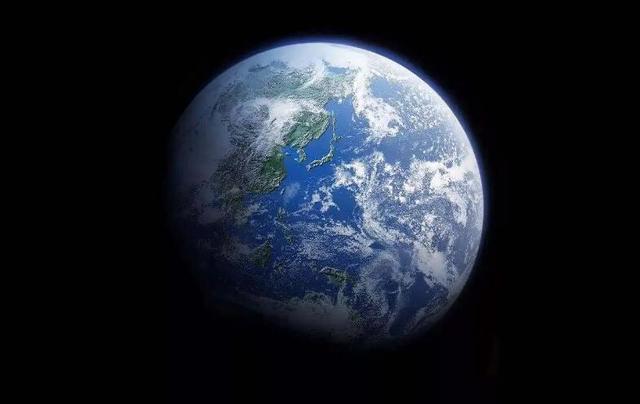When you think of black holes, i believe the first thing that comes to mind is their powerful gravitational force that can swallow everything. It can be said that any matter swallowed up by a black hole cannot escape from the inside of a black hole, not even light. In fact, apart from the ridiculously strong gravitational force, there is something else about black holes that is hard to imagine, and that is the singularity located at the centre of the black hole.
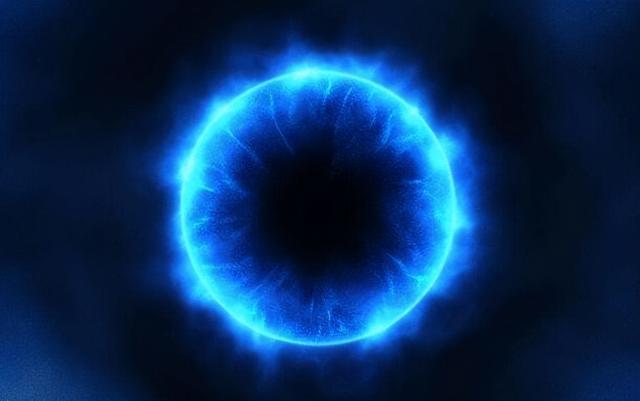
Theoretically speaking, the singularity of a black hole is infinitely small and infinitely dense, so why is that? The explanation given by scientists for this question can actually be summed up simply: We are helpless, too. Let's find out more below.
All celestial bodies in the universe have a tendency to collapse inwards due to their own gravity, and in this case, if they want to maintain a stable volume, there must be a force inside them to resist the 'compression' of their own gravity.
Since gravity is a manifestation of gravity, and the magnitude of gravity is proportional to mass, objects with smaller masses have less gravity, so they can resist the "Compression" Of gravity by the electromagnetic force between matter alone, as in the case of our earth.
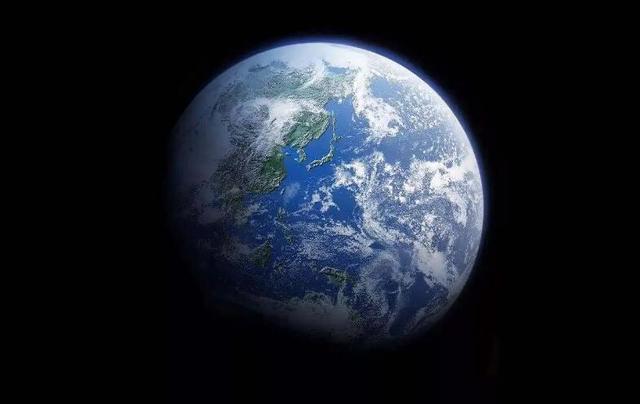
On the other hand, gravity is a long-range force and has only an "Attractive" And not a "Repulsive" Force, so it is infinitely superimposable, and as the mass of a celestial body increases, so does its own gravity, and at a certain point as the mass of a celestial body increases, its own gravity increases, and at a certain point, the electromagnetic force between matter becomes insufficient to resist gravity and the body collapses.
The temperature and pressure at the core of a celestial body will continue to rise because hydrogen is the most abundant element in the universe, so there is almost always a large amount of hydrogen at the core of massive bodies.
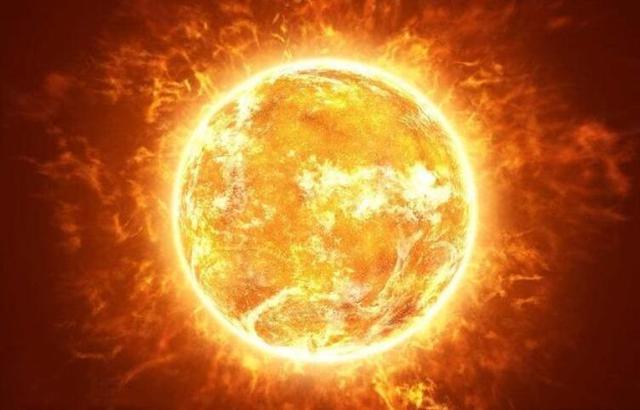
Virtually all stars in the universe in the main sequence stage rely on internal nuclear fusion to resist gravity, and for massive stars, when the hydrogen in their cores is depleted, another round of fusion of heavier elements, such as helium, carbon, oxygen, neon, magnesium, silicon, etc., is initiated.
However, there is a finite amount of "Fuel" Available for fusion, and when this is exhausted, the object loses its power to resist gravity, so it collapses due to the "Compression" Of gravity. After this, a force known as "Simple compression" Acts as a "Counterweight" To gravity.
In simple terms, "Simple merger pressure" Refers to the exclusivity of microscopic particles that do not allow other microscopic particles of the same type to occupy their own space, for example, white dwarfs in the universe resist their own gravity through "Electron simple merger pressure", while neutron stars resist their own gravity through "Neutron simple merger pressure". Neutron stars resist their own gravity by means of a "Neutron simplex pressure", and scientists speculate that there may also be a "Quark star" In the universe that can maintain its volume by means of a "Quark simplex pressure". They are able to maintain their own volume by means of "Quark-simple pressure".
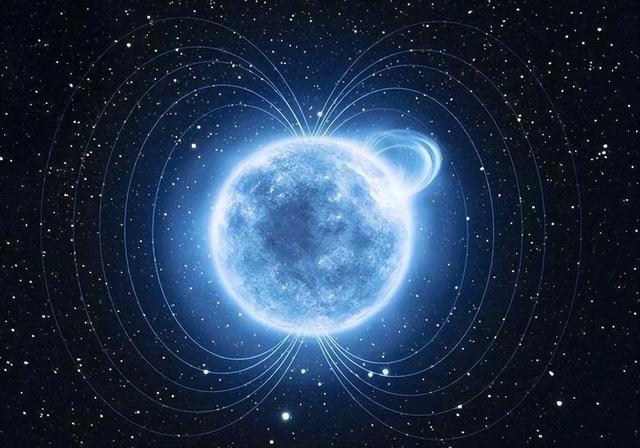
This means that if the mass of a celestial body is large enough, its gravity can still crush the "Simple parallel pressure", so what other force in the universe can resist such a powerful gravity? What other forces in the universe could resist such a powerful force of gravity? Unfortunately, according to our current knowledge, there is no force in the universe that can resist gravity in this case.
Scientists have no choice but to assume that when there is no force inside a celestial body that can resist its own gravity, the body will be "Compressed" By gravity indefinitely, thus forming a "Point" Of infinite size and density.
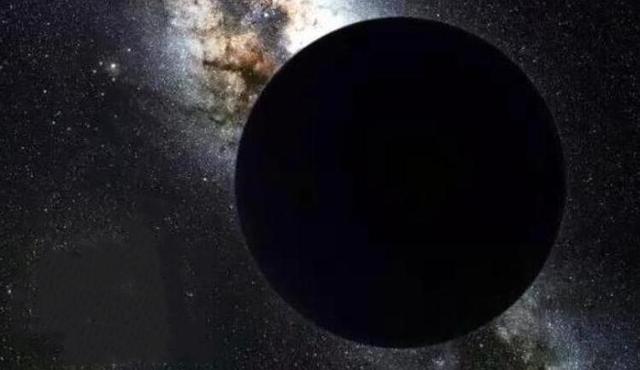
According to general relativity, such a 'point' would distort the nearby space to such an extreme that it would form a closed sphere of space from which no matter entering it could escape. The surface of this sphere is in fact the event horizon of the black hole, and the larger the mass of the black hole, the larger the area it covers. The larger the mass of the black hole, the larger the area it covers.
The reason for saying that the singularity of a black hole is infinitely small and dense is actually a helpless speculation, and it is impossible to verify whether this is actually the case.
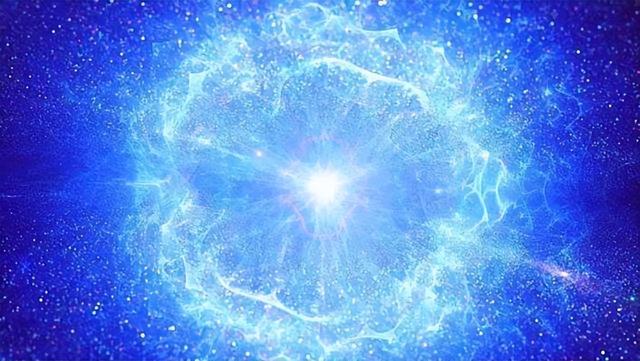
If, in the distant future, scientists do penetrate the secrets of black holes, the mystery of the origin of the universe may be solved, because according to the "Big bang theory of the universe", the universe we live in was also born from an infinitely small and dense singularity.


